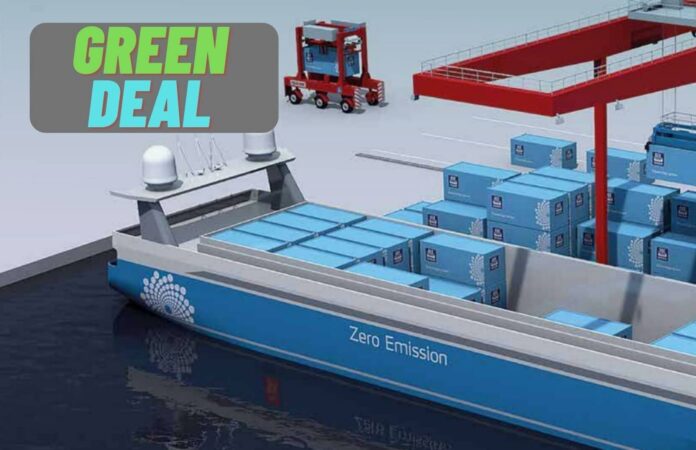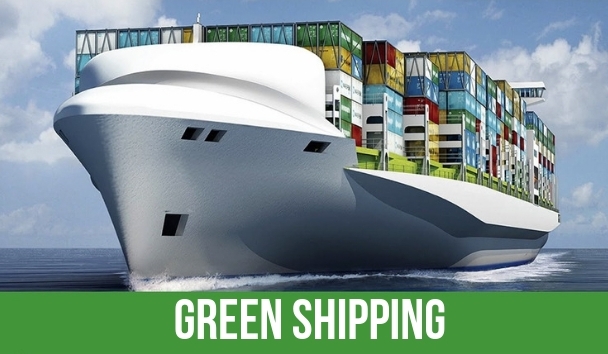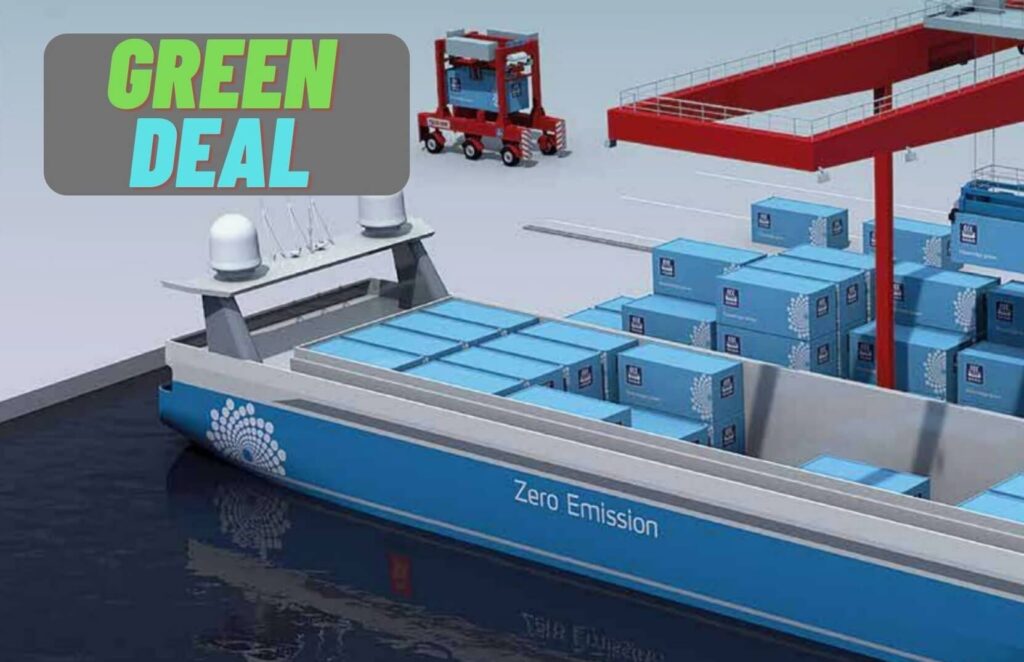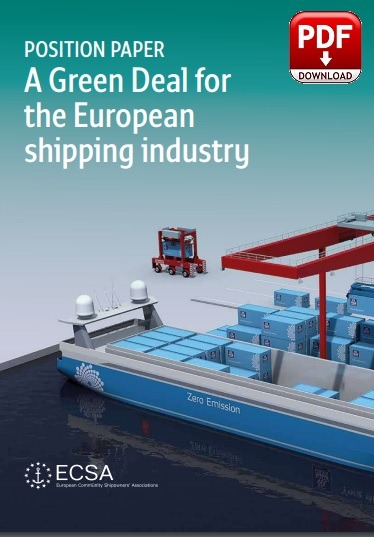
(www.MaritimeCyprus.com) The shipping industry is fully committed to eradicating its GHG emissions completely, in line with the ambitious targets agreed for the sector by its global regulator, the UN International Maritime Organisation (IMO) as part of the initial IMO GHG strategy agreed in 2018, and consistent with the 1.5 degree UNFCCC climate change goal.
This IMO Strategy has been agreed by virtually every IMO Member State including all EU Member States which are parties to the IMO MARPOL Convention which, inter alia, addresses GHG reductions from international shipping.
The IMO Strategy includes a target to cut total GHG emissions from international shipping by at least 50 per cent by 2050 (compared to 2008) regardless of maritime trade growth, whilst pursuing efforts towards phasing them out as soon as possible in this century. The IMO Strategy also includes, as mid-term candidate measure, the development of a global market-based measure to help deliver the agreed targets. The strategy will be further revised in 2023 to ensure a pathway to full decarbonisation for international shipping as quickly as possible.
Emissions from shipping, being an international transportation sector, cannot be attributed to individual nations. Therefore international shipping is not covered by the Nationally Determined Contributions committed by Parties to the UNFCCC Paris Agreement (including those made by EU Member States). It is the UN IMO’s responsibility under the UNFCCC process to address the sector’s GHG emissions reduction. The GHG reduction targets agreed by the IMO are actually more ambitious than those committed so far, in total, by the Parties to the Paris Agreement with respect to the rest of the world economy.

Shipping is already, by far, the most carbon-efficient form of commercial transport in terms of CO2 emissions per tonne of cargo moved one Km. According to estimates made by environmental NGO, the International Council of a Clean Transportation, the shipping industry reduced its total CO2 emissions between 2008 and 2015 by about 8 per cent, despite a significant increase in maritime trade during the same period. This indicates that the sector has already improved its carbon efficiency by as much as 30 percent over the past decade.
The above notwithstanding, the shipping industry acknowledges that much more needs to be done and is therefore an active contributor to the IMO discussions on both short-term and long-term measures consistent with the initial IMO GHG Strategy to further lower the CO2 emissions from shipping.
As a global industry, regulations to address GHG from shipping must be set at the global level via the UN IMO. Regional regulation carries the risk of being suboptimal, resulting in carbon leakage and the distortion of the level playing field, as well as undermining the good progress made by the IMO.
We appreciate the commitment at the EU level to lead the way in the fight against global warming. Any possible EU initiatives should contribute to the global rule-making process and strengthen the competitive position of the EU shipping industry and subsequently of the EU maritime cluster. ECSA will contribute to the stakeholders consultation and the impact assessment foreseen for later in 2020 to express its opinion on the effectiveness and efficiency of the proposal by the European Commission to include global shipping in the regional EU ETS.
Full decarbonisation necessitates the development of alternative and innovative green technologies and fuels. The first results are promising, especially for smaller ships sailing on short routes (short sea shipping). The use of “drop-in†alternative fuels, for example, can start reducing emissions immediately. R&D spending has to increase considerably and technologies have to be mature before they can be applied, also to deep-sea shipping. To achieve these efforts by all maritime stakeholders are needed. The international associations representing the shipping industry submitted a joint proposal to IMO to establish a US$ 5 billion maritime R&D fund, financed by the shipping industry via a surcharge on bunker fuels.
New technologies and fuels should become available globally as quickly as possible and the shipping and maritime industry should be incentivised to make the necessary transition to these new technologies and fuels as soon as they become globally available.
To conclude, shifting to smart and safe zero-emission shipping is possible but it requires a radical change throughout the whole maritime industry and its supply chain, from fuels producers to the engineers on board. The shipping industry embraces these environmental challenges and is also ready to contribute financially to these long-term goals through the dedicated maritime R&D fund proposed to the IMO.
See what What Europe can do together with the European shipping industry via the below position paper from ECSA (click image to download).
Source: ECSA
Read Also:Â EU votes for stricter green measures for shipping without proper assessment
https://youtu.be/O3zdy7Vu710














